-
×
 50 Strategies for Communicating and Working with Diverse Families, 3rd Edition
1 × $15.00
50 Strategies for Communicating and Working with Diverse Families, 3rd Edition
1 × $15.00 -
×
 Critical Perspectives on Black Women and College Success
1 × $12.74
Critical Perspectives on Black Women and College Success
1 × $12.74 -
×
 Controversial Therapies for Autism and Intellectual Disabilities
1 × $23.74
Controversial Therapies for Autism and Intellectual Disabilities
1 × $23.74 -
×
 50 Strategies for Communicating and Working with Diverse Families, 3rd Edition
1 × $15.00
50 Strategies for Communicating and Working with Diverse Families, 3rd Edition
1 × $15.00 -
×
 Counseling Children and Adolescents
1 × $15.00
Counseling Children and Adolescents
1 × $15.00 -
×
 Cultivating Mindfulness in the Classroom
1 × $7.75
Cultivating Mindfulness in the Classroom
1 × $7.75 -
×
 Academic Transformation
1 × $15.00
Academic Transformation
1 × $15.00
Subtotal: $104.23


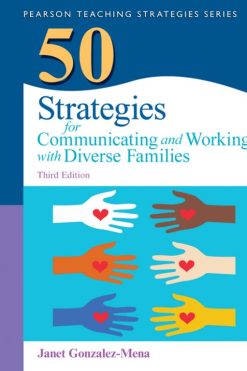 50 Strategies for Communicating and Working with Diverse Families, 3rd Edition
50 Strategies for Communicating and Working with Diverse Families, 3rd Edition 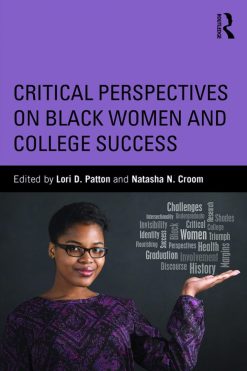 Critical Perspectives on Black Women and College Success
Critical Perspectives on Black Women and College Success 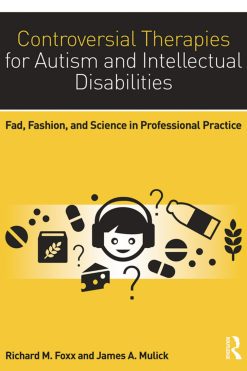 Controversial Therapies for Autism and Intellectual Disabilities
Controversial Therapies for Autism and Intellectual Disabilities 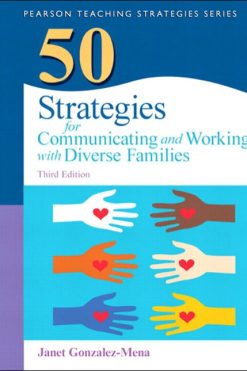 50 Strategies for Communicating and Working with Diverse Families, 3rd Edition
50 Strategies for Communicating and Working with Diverse Families, 3rd Edition  Counseling Children and Adolescents
Counseling Children and Adolescents 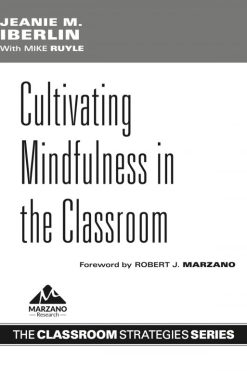 Cultivating Mindfulness in the Classroom
Cultivating Mindfulness in the Classroom  Academic Transformation
Academic Transformation 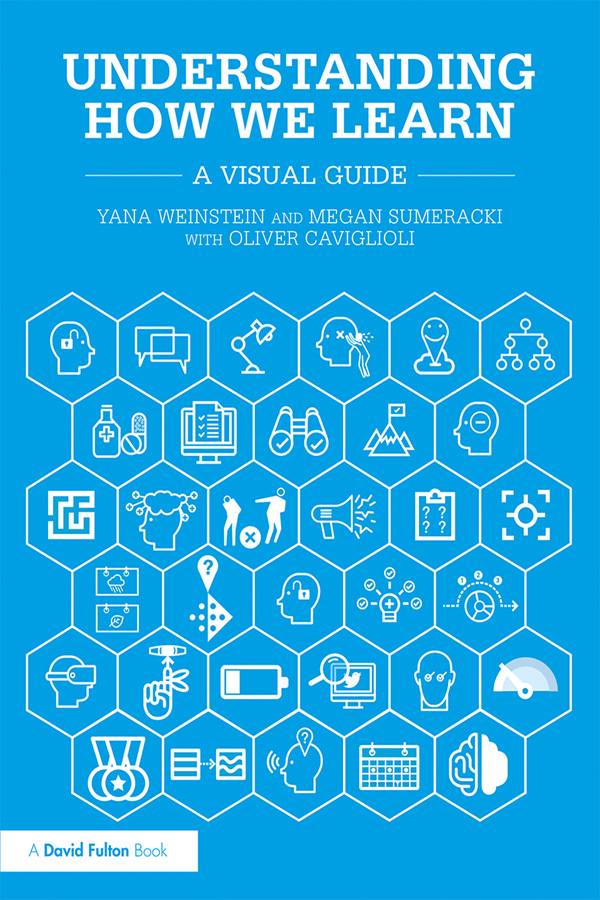
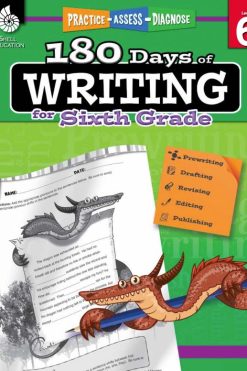
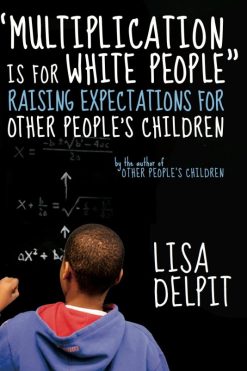

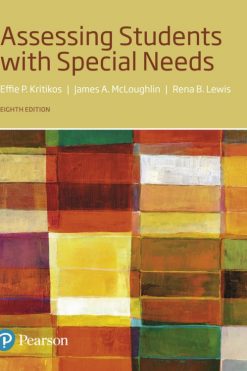
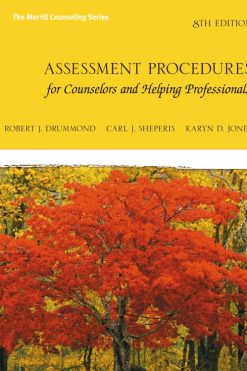

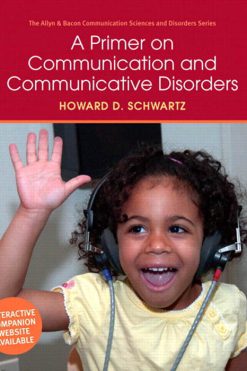
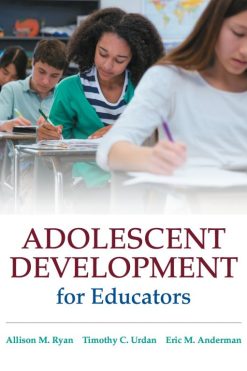
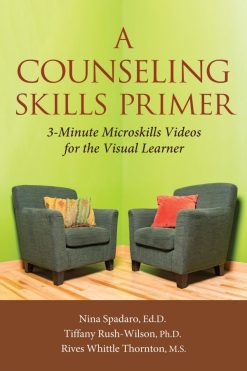
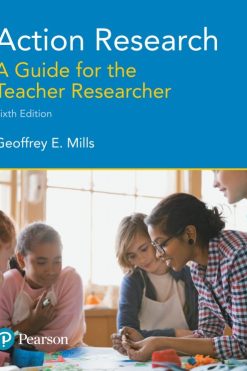
Review Understanding How We Learn
There are no reviews yet.